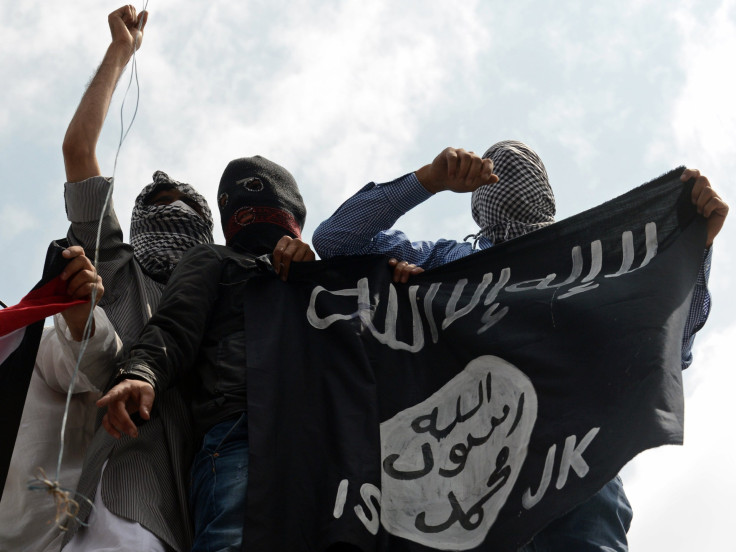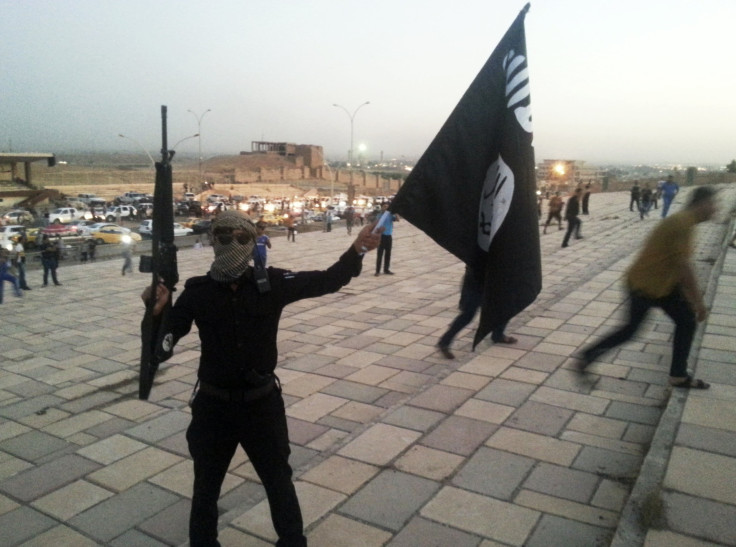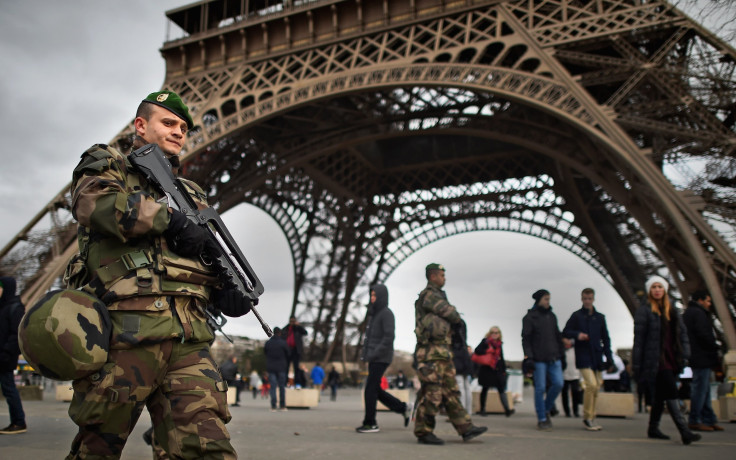Can France's New 'Stop Jihadism' Counterterrorism Program Prevent Westerners From Joining ISIS?

“Our son lived in a very privileged atmosphere. He liked music, he liked sports, he did sketch comedy,” said Veronique, a blonde white woman, speaking from her apartment in Paris. “And then one morning he leaves for Germany, and then from Germany he never came back.”
Veronique, identified only by her first name in a video released Wednesday by the French minister of the interior, is one of many parents of an estimated 1,500 French youths who have left the country since 2011 to join the Islamic State group, also known as ISIS or ISIL. Her story, part of a new ad campaign to prevent terrorism called "Stop Jihadism," is aimed at discouraging radicalization of French youth, something that authorities customarily approach through policing. But France still has more people joining ISIS than any other Western European nation, and experts caution that the country’s latest tactics alone will not stop radicalization.
“[This program] generates a sense of discrimination,” Francesco Ragazzi, a specialist in domestic French terrorism and counter-radicalization, said. “They provide the sense that a certain kind of political activity is not acceptable anymore,” said Ragazzi, who teaches at Sciences Politiques, a higher-education institution in Paris.

France has long had vast policing and intelligence services, and those systems continued to grow after the Charlie Hebdo magazine attacks that left 11 people dead and many more wounded. The incident, perpetrated in January by two Paris-bred self-proclaimed Islamic militants, put the issue of homegrown terrorism center-stage. Since then, authorities have instituted such measures as heightened border controls, more police patrols on the street and more than 2,600 additional people working in counterterrorism units.
The prevention measures, such as Stop Jihadism, are practically brand-new. Most of the new tactics are little over a year old, and they have looked to include social communities in counterterrorism. The publicity campaign released Wednesday is meant to encourage heightened use of the Numéro Vert, or Green Number, a special phone line dedicated to families or friends who want to alert the authorities that they know someone who is at risk of becoming radicalized.
The new plan of asking people to report on their own families is a lot to ask, according to one former security expert in France. “There are families that don’t condemn [radical Islam],” said Yves Trotignon, who worked for more than a decade at the Directorate-General for External Security, a French intelligence agency. “Some families are also just afraid of the police.”
One of the obstacles facing counterterrorism that this program does not address is the diversity of motivations of potential radicals, Trotignon said. “You have the political cause, the idea of giving meaning to one’s life, the economic causes, the personal causes,” he said, explaining that it is difficult to have a targeted approach when the targets are so different.
“The Green Number only works for a certain type of personality,” said Elie Tenenbaum, a security analyst for the French Institute of International Relations, a global affairs think tank. The hotline was developed to treat people who are at risk for radicalization, similar to those who would be susceptible to joining a cult, focusing on those with low self-esteem, poor social skills or difficult personalities. Islam does not directly factor in the approach, which all but ignores those who are acting out of political or religious convictions, Tenenbaum said.

While some have criticized the lack of focus on Muslim communities in the French approach, preliminary statistical evidence shows that many of the French radicals do not fit the stereotype of a marginalized Muslim youth drawn to radical Islam. Nearly one out of every four people who attempt to join ISIS from France converted to Islam from other religions, Tenenbaum said, adding that they often come from upper-middle-class white families.
Yet some anecdotal evidence indicate that the problems of poor integration and high rates of radicalization are inextricably entwined. Cherif and Said Kouachi, the perpetrators of the deadly Charlie Hebdo attacks, for instance, were practically poster children for disenfranchised Parisian youth. Growing up poor on the outskirts of the capital city, they struggled to get by after their father passed away, and said they felt completely ignored by French authorities, eventually turning to crime and radical Islam.
Regardless of the demographics, Ragazzi said he feared this approach will lead to discrimination against Muslims while sowing seeds of mistrust within communities. “If you’re thinking that parents should report on their children, teachers on their students, or doctors on their patients,” then that is “creating an atmosphere of suspicion” he said.
© Copyright IBTimes 2024. All rights reserved.






















